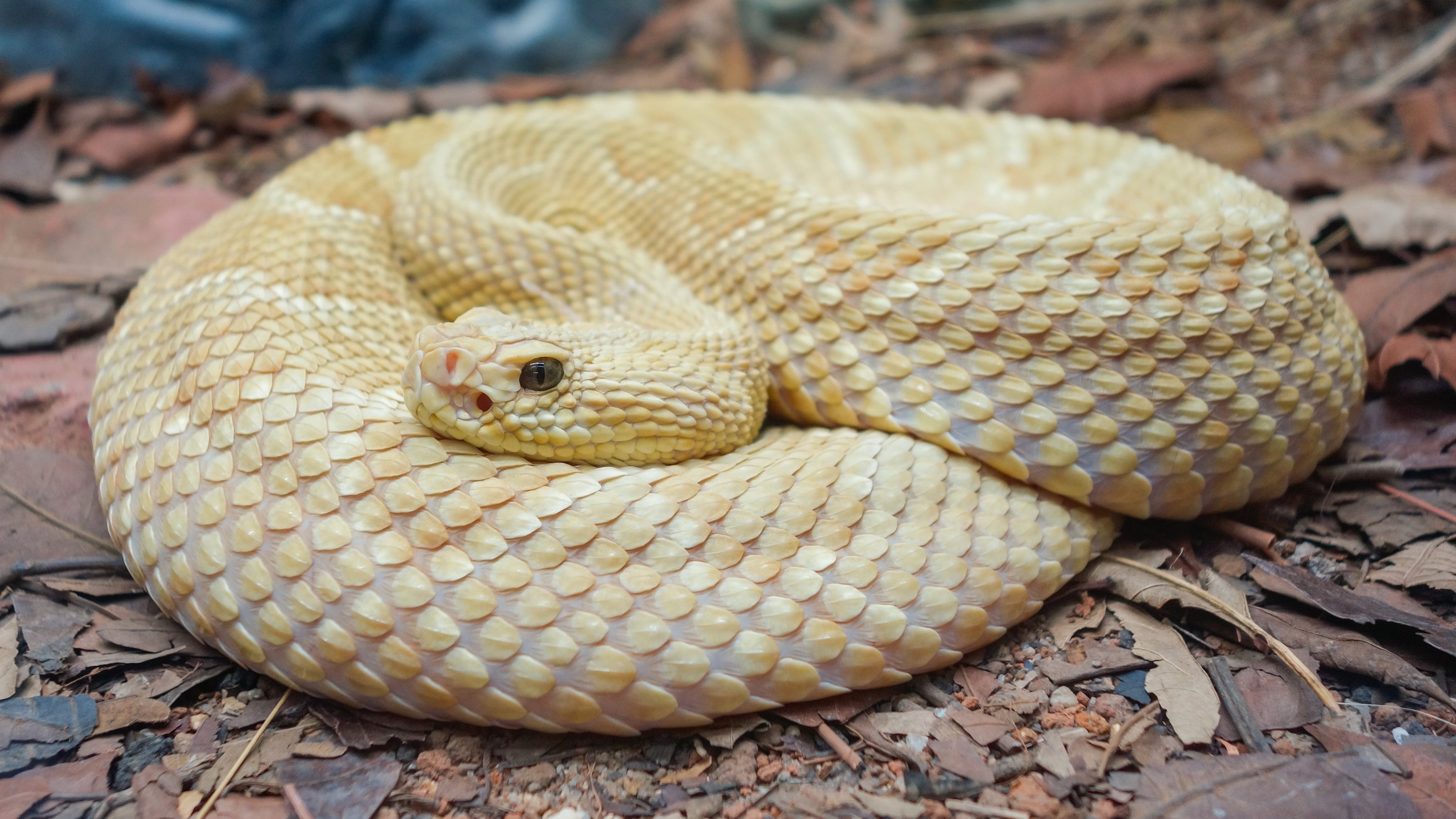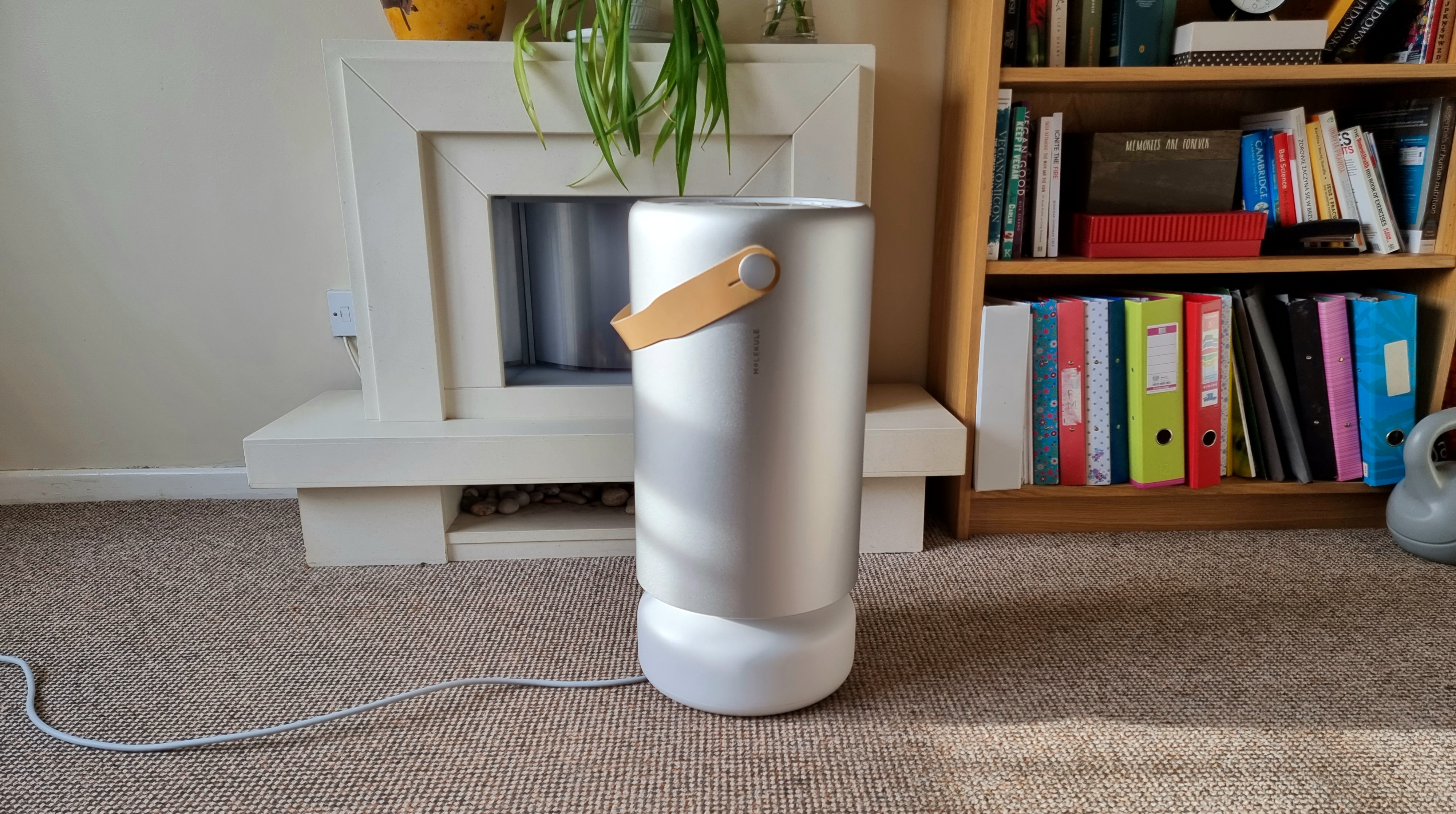Agriculture, Vol. 14, Pages 678: Delayed Sowing Can Improve Potassium Utilization Efficiency and Grain Potassium Concentration in Winter Wheat
Agriculture doi: 10.3390/agriculture14050678
Authors: Yin Liao Mou
Economic consumption and environmental impacts due to potassium (K) inputs in agriculture are gaining increasing attention. It is urgent to improve K use efficiency (KUE) for agricultural development. Delayed sowing has been shown to maintain grain yield in winter wheat. Still, there needs to be more information regarding the effect of sowing date on crop K status evaluated by the K nutrition index (KNI), KUE, K uptake efficiency (UPE), K utilization efficiency (UTE), and grain K concentration (GKC). Here, we assessed Shannong23 and Tainong18 winter wheat cultivars with three sowing date treatments composed of 26 September (early sowing), 8 October (normal sowing), and 22 October (late sowing) in the 2021–2022 and 2022–2023 growing seasons. The influences of sowing date on the KNI, tillering, grain yield formation, KUE, UPE, UTE, K transport, and GKC were examined. Our study indicated that late sowing in winter wheat was an almost optimal K nutritional situation, whereas early and normal sowing were under situations of excess K. As sowing was delayed, aboveground K uptake (AGK), UPE, and spike number per unit area decreased; UTE and grain number per spike increased; and grain yield and KUE were unchanged. A positive correlation between KNI and UPE and spike number per unit area and a negative correlation between KNI and UTE and grain number per spike were found, whereas no significant correlation between KNI and KUE was observed. Late sowing promoted K transport from pre-anthesis accumulation in vegetative organs to grain, resulting in a higher GKC, which could lead to high grain quality and K recovery. Therefore, late sowing winter wheat can use K more efficiently and increase GKC, implying that delayed sowing can reduce K input, favoring sustainable agriculture development.

 3 weeks ago
14
3 weeks ago
14


